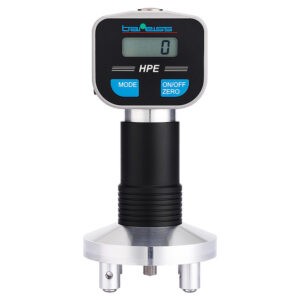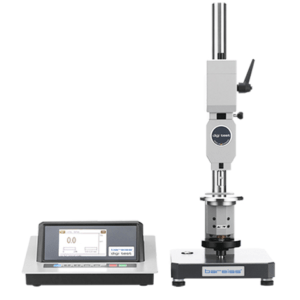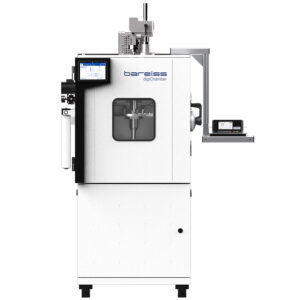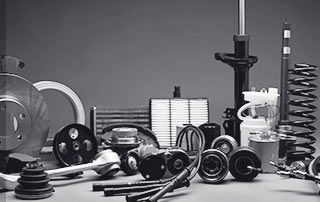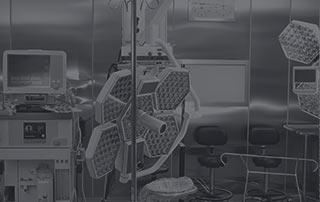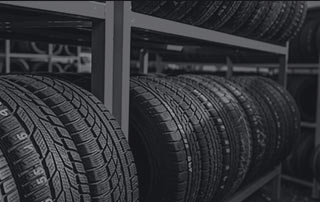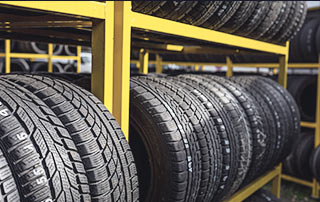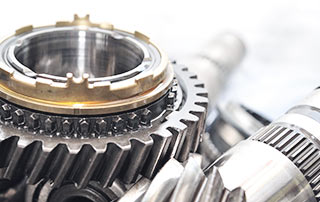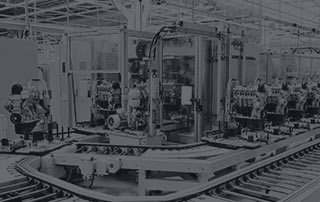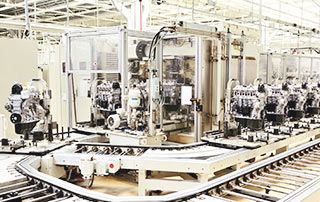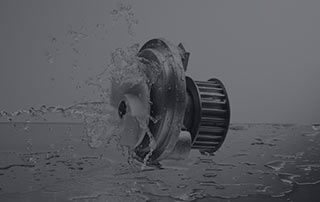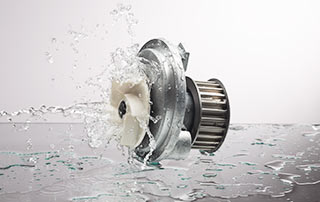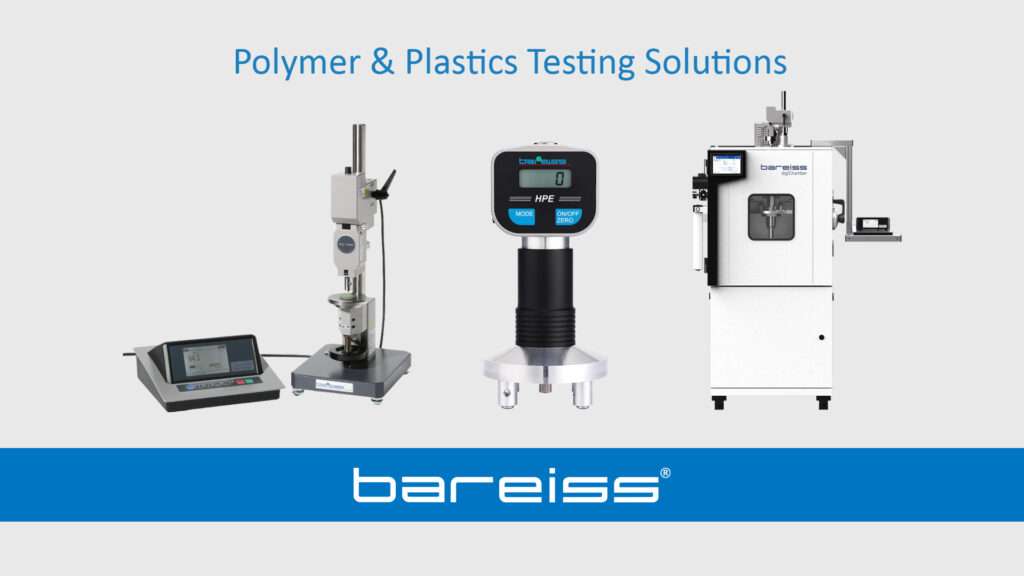
Are you in need of polymer and plastic testing instruments? Look no further than Bareiss, your premier source for top-quality materials testing instruments. With over 70 years of experience, Bareiss takes pride in serving various industries worldwide with their exceptional range of instruments. Our offerings not only include state-of-the-art material testing instruments, but we also provide comprehensive calibration services for these instruments. Rest assured, Bareiss is authorized by the esteemed German Accreditation Body to calibrate materials testing machines and issue prestigious DAkkS calibration certificates.
Check out polymer & plastics material testing instruments.
Keep reading and discover the significance of plastic materials and delve into the world of plastic testing instruments.
What are the most common materials used in manufacturing?
The most common materials used in manufacturing are polymers, metals, composites and ceramics.
What makes plastic materials more advantageous compared to other materials?
Polymers, metals, composites, and ceramics materials are frequently substituted with plastics due to their cost-effectiveness and durability. Plastic materials provide numerous advantages in manufacturing, production, and packaging, as they can be easily molded to meet specific requirements. The impact of plastic materials in manufacturing is undeniable, as they are essential in various industries such as automotive, food, pharmaceutical, defense and aerospace, paper and textile, foam and mattress, sports, and many more. Among these, thermoplastics stand out for their durability, flexibility, low maintenance, recyclability, and longevity.
Why is product testing essential for polymer and plastic materials?
Quality control tests play a pivotal role in ensuring that plastic, polymer, rubber, and other materials meet the required quality and safety standards, while also being produced effectively to meet specific demands. Testing plastics and polymers is crucial for a multitude of reasons, a few of which are outlined below:
1- Safety
Polymer and plastic materials find applications across diverse industries, including medical, automotive, food, and more. Ensuring the safety of these products is of paramount importance for both human health and environmental protection. Material testing plays a vital role in identifying potential issues in polymers and plastics, guaranteeing their durability and suitability across various environments.
2- Quality Control
Polymer and plastic material products must adhere to international quality standards, necessitating the use of polymer and plastics testing instruments to assess their suitability for intended applications. Quality control testing processes are crucial for manufacturers as they aid in identifying flaws, discrepancies, or inconsistencies in their plastic and polymer products. Thorough quality control tests are conducted prior to the products market release. The utilization of polymer and plastic testing instruments enables meticulous testing to detect and address issues at an early stage. By implementing effective strategies, the likelihood of defective products reaching the market is significantly reduced. Consistent practices for quality assurance not only enhance customer satisfaction but also contribute to the reputation of the brand.
3- Compliance
Material testing plays a vital role in guaranteeing product quality, surpassing international standards, and ensuring compliance with legal requirements and market acceptance. Whether it pertains to materials in contact with food, the safety of medical devices, the performance of auto parts, or environmental sustainability, meeting international standards is paramount. At Bareiss, our polymer and plastic materials testing instruments provide precise and reliable results, ensuring the safety and high quality of plastic and polymer products.
4- Research & Development
Polymer and plastic material testing play a pivotal role in research and development procedures. It aids researchers in enhancing their formulas and refining manufacturing processes. By subjecting materials to various tests, researchers gain valuable insights into their properties, behavior, and performance across different environments. Material testing serves as a guide, helping determine the optimal approach for developing new products.
5- Environmental Impact
Plastics have a profound impact on our world, particularly in terms of waste generation and pollution. Material testing plays a crucial role in identifying environmentally friendly alternatives, assessing a materials biodegradability or recyclability, and evaluating its overall impact throughout its life cycle. By conducting meticulous testing, manufacturers can contribute to the creation of more eco-friendly products and foster environmental sustainability.
Let’s Answer Some More Questions
Why polymer and plastics material testing are important?
Polymer and plastic materials testing empower manufacturers to produce goods of exceptional quality, stimulate innovation, and mitigate potential risks associated with these materials.
What types of tests are conducted by polymer and plastic testing instruments?
Tensile testing, melt flow indexer testing, and material hardness testing are among the most performed test types utilizing polymer and plastic testing instruments.
What are the popular polymer and plastics testing instruments?
Bareiss provides an extensive selection of material testing instruments, including a range of popular polymer and plastic testing instruments listed below for your reference:
